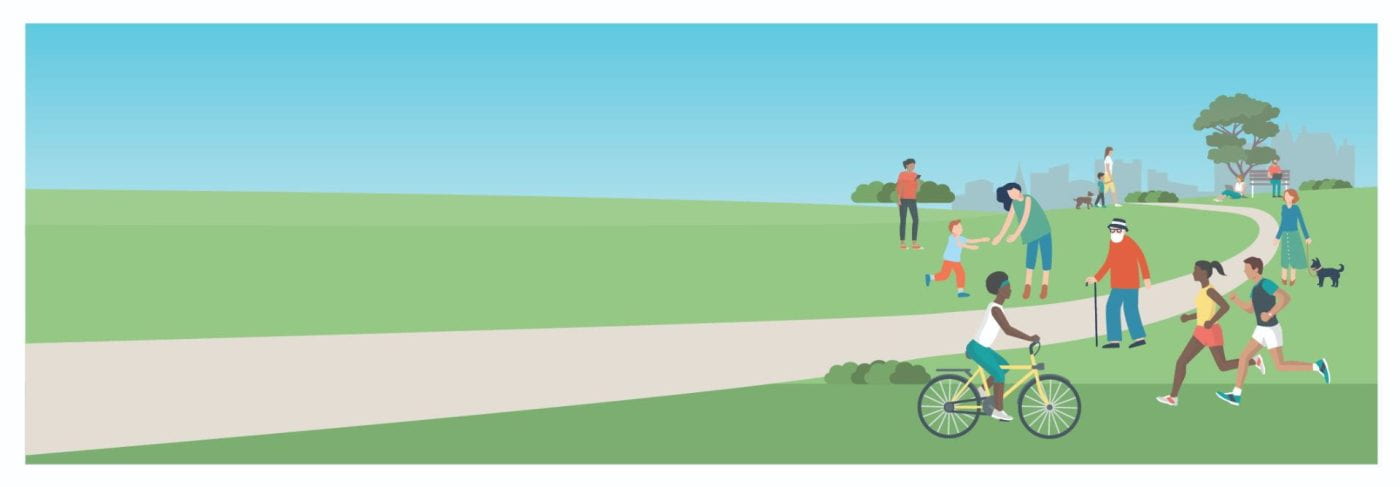Mobilising Change: Addressing Mental Health in Specialist Dermatology Care
“When people talk about things like eczema, people tend to see just a skin issue. But in reality, it can be really deep…” These powerful words from one of our public contributors with lived experience set the tone for our recent Catalyst Award knowledge mobilisation workshop. They remind us that inflammatory skin conditions demand more than a prescription—they require a team that includes, but extends beyond, dermatologists.
Our Workshop Topic: The workshop focused on identifying interventions that could better support people with inflammatory skin disease (ISD) who are at risk of self-harm or suicide. Our primary aim was to explore approaches—especially public health or digital tools—that could alleviate pressure on overstretched specialist services while increasing accessibility for the public. Alongside this, we examined wider service gaps, equity issues, and future research priorities in psychodermatology. Skin conditions can have a profound psychological impact, and yet the systems designed to address these issues often fall short. We set out to understand why.

Who Took Part? I brought together a multidisciplinary group of five clinicians—including psychiatrists and dermatologists—who currently practise in the Dermatology department at the Royal London Hospital, although they concurrently work across a range of other specialist care settings. Their experience spanned different inflammatory skin diseases and mental health conditions. In addition, two co-facilitators with direct experience as psychodermatology practitioners helped guide the discussion. Several of the clinicians were also active members of Psychodermatology UK and had contributed to the British Skin Foundation, bringing not only clinical experience but also national leadership in the field.
Key Insights: Participants highlighted widespread systemic fragmentation between dermatology and mental health services. As one dermatologist noted, “If I identify risk, who do I call? What do I do?” Even when help is sought, overstretched crisis teams and unclear pathways often leave both clinicians and patients unsupported.
Dermatologists shared a common fear of asking about suicidality due to inadequate training and a lack of confidence in knowing what comes next. This is compounded by the fact that psychodermatology is still a developing field without dedicated services or standardised pathways.
We also explored underused resources like social prescribing and the potential of digital tools. While apps and online communities could offer early support, concerns were raised around accountability and safeguarding. Meanwhile, mental health first aiders in clinical settings were seen as promising but underutilised. The clinicians emphasised that training in skin of colour, culturally adapted materials, and local community outreach must be built in from the start. Representation matters not just in leaflets but in leadership and research design.
How We’re Using the Insights: The findings have already shaped the next phase of our research. We’re prioritising co-design with underserved communities, particularly those with skin of colour, to better understand barriers to care.
We’ve identified several promising interventions for further development. On the specialist side, these include proposals for regional multidisciplinary psychodermatology clinics, structured induction and training modules on suicidality for dermatologists, and localised care pathways to support clinicians in managing patients at risk. On the community side, we’re exploring social prescribing models, culturally tailored outreach in community settings, and moderated online peer support groups. Digital tools—such as mood tracking apps or screening algorithms—also hold potential, provided clear pathways and safeguarding measures are built in.
What’s Next? I am developing these early ideas into more detailed grant applications that will help sustain the achievements of our co-design work and create further opportunities for knowledge mobilisation and engagement with contributors. In collaboration with workshop participants, I am working towards additional grant schemes focused on culturally adapted resources, community-based resources and integrated care. I was also recently awarded the British Skin Foundation Psychodermatology Small Grant to explore serious mental illness among minoritised ethnic children with eczema—another step towards addressing the mental health inequalities we discussed.
I also aim to work closely with community organisations to co-develop culturally appropriate interventions that are informed by lived experience and local need.
Final Reflection: One participant put it best: “This feels like what healthcare should be—collaborative, reflective, human.” Looking back, I’m struck by how much power there is in making space for shared reflection. In a field like psychodermatology—where opportunities for structured knowledge mobilisation have been limited—this workshop demonstrated how vital it is to create forums for open, cross-disciplinary dialogue. These rare but essential conversations not only help improve everyday clinical practice but also ensure that our research questions are shaped by what truly matters to patients and the professionals who care for them.
By Phuong Hua
Dr Phuong Hua is a Research Fellow in Primary Care in Bristol Medical School specialising in mixed methods and realist methodology with expertise spanning health sciences, psychology and public health.


